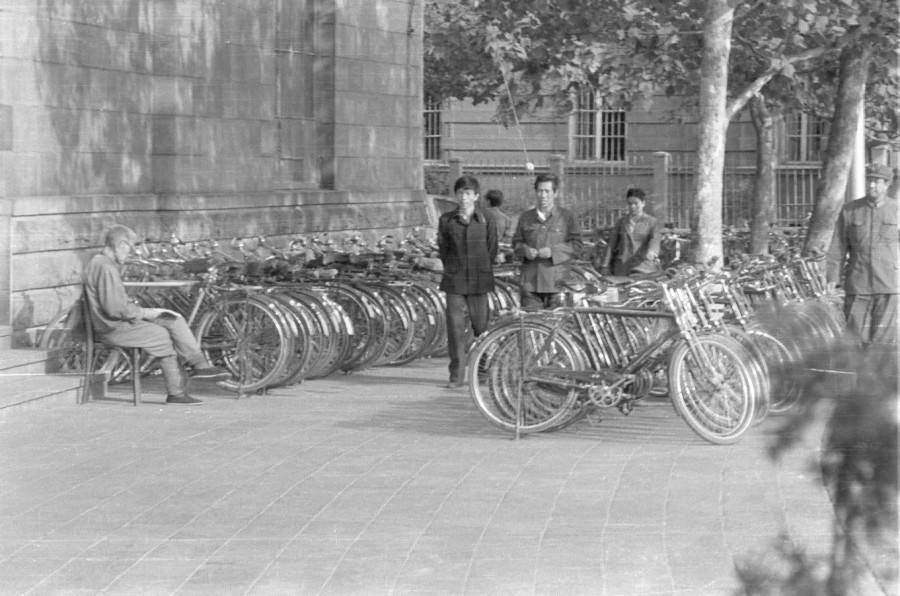Teach Abroad Blog
Teaching abroad

Online vs On-site TEFL Courses, A review
Many prospective ESL teachers wonder whether they should sign up for an online or an onsite TEFL. Here is a brief review of the advantage of each.

Teaching Nomad’s Top 5 Education Technology Tools
While the profession of teaching, one person imparting their knowledge on another, has remained fundamentally unchanged for a very long time, the digital revolution is bestowing on teachers some very cool new tools to multiply their efforts and maximize their efficiency. Below Teaching Nomad goes through 5 of our favorite classroom technology tools.

How to find a better teaching job in China.
New Academic Year, New school, New life!
You came to China to teach ESL, with so much hope, and thoughts of immersing yourself in the culture, learning a new language, traveling all over Asia on your vacation time, making friends from around the world, paying off some student loans, and going home a better person for it.
Yet, you found the opposite, the school doesn’t give you enough time off, they NEVER pay on time, you find yourself chasing down your boss for a pay stub or wondering why your check was short this month. You feel isolated, overworked, underpaid. Everyone hates working there. Turnover is high with stories of ‘midnight runs’ abundant, and you spend your free time browsing the classified ads or travel sites for the cheapest flight home. Your social circle is made up of other disgruntled co-workers, and you spend the little free time you have complaining to each other about the job and the boss. Throw in a bench press, some orange uniforms and it could easily be a scene from a bad prison movie.
Living Abroad

Asian Squat Toilet vs. Western Sit Toilet: The Down and Dirty
If you’ve been teaching in China, then you’ve probably used the so-called squatting toilet. Abhorred my many foreigners, this toilet forces you to squat down when going number two, greatly reducing the comfort of your bathroom visit. Some say it’s a backward and demeaning practice, others laud the squatting toilet for its naturalist approach to bowel movements. Considering the many debates we’ve had with both foreign and Asian colleagues and friends about the benefits and drawbacks of the squatter, we decided to delve into the world of toilets and look deeper into (1) The history of the western toilet (2) The proposed health benefits of the squatting toilets.

The Growth of China in 15 photos
China’s massive growth spurt over the last 20 years has been well popularized by the international media. A GDP growth rate that has hovered around 10% since Deng Xiao Ping’s Economic reforms in the early 1980s. China consumes twice as much steel as Japan, USA and Europe combined. China will build 50,000 sky scrapers by 2025, the equivalent of 10 New York Cities. More people will move from the country side to the city between now and 2030 than the entire current US population, the biggest and fastest urban migration in the history of the planet. In the period between 1981 and 2010 approximately 680 million Chinese people were lifted above the poverty line.

Watching the World Cup in Shanghai
Yes it’s finally that time, the event football (that’s soccer for you sodden Americans out there) fans around the world eagerly wait for is finally here….the FIFA World Cup. Every four years a nation is united and collectively holds its breathe in anticipation, giving the chance for players to carve themselves a reputation amongst the games immortal heroes, or collapse under the relentless pressure of an expecting nation on the biggest of world stages.
